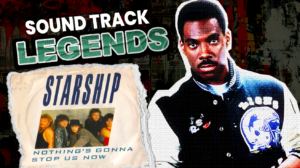
Ever fallen for a love song that’s actually about stalking? Or pumped your fist to patriotic anthems that secretly rage against America? Welcome to music’s greatest magic trick – songs that live double lives while we dance obliviously to their disguised messages. Pop music history is littered with these musical Trojan horses, carrying meanings completely different from what blasts through earbuds and wedding DJs’ speakers nationwide.
10. Dancing with Myself

The track that launched a thousand aerobics classes wasn’t Billy Idol’s narcissistic gym mirror fantasy. Hiding inside that bouncy beat lurks a post-apocalyptic commentary on youth alienation that most fans completely miss while perfecting their air guitar moves – one of many surprising facts about your favorite classics that challenges conventional wisdom about 80s pop.
Idol and Generation X crafted this anthem after witnessing Japanese clubgoers dancing with their own reflections instead of each other – an eerily perfect metaphor for disconnection that feels ripped from today’s smartphone zombie apocalypse. When horror master Tobe Hooper directed the music video with Mad Max vibes, he wasn’t being edgy for MTV points – he was visualizing the emotional wasteland lurking beneath the song’s deceptively danceable surface.
9. Wake Me Up When September Ends

A generation of fans twist Green Day’s tear-jerker into a 9/11 tribute every September, while social media floods with performative grief-posting when the calendar flips to month nine. The war-themed music video only supercharged this misreading, creating a Mandela Effect of musical proportions where collective memory rewrote artistic intent.
The real story cuts deeper than national tragedy – it’s about a 10-year-old boy watching his father die of cancer in September 1982. Billie Joe Armstrong’s childhood grief bleeds through every note, making this song less about terrorism and more resembling that gut-punch scene in “Inside Out” where Joy finally understands Sadness has a crucial purpose.
When Armstrong performs it live and visibly breaks down, he’s not mourning America’s lost innocence – he’s still that kid who lost his dad four decades ago.
8. Blinded By the Light
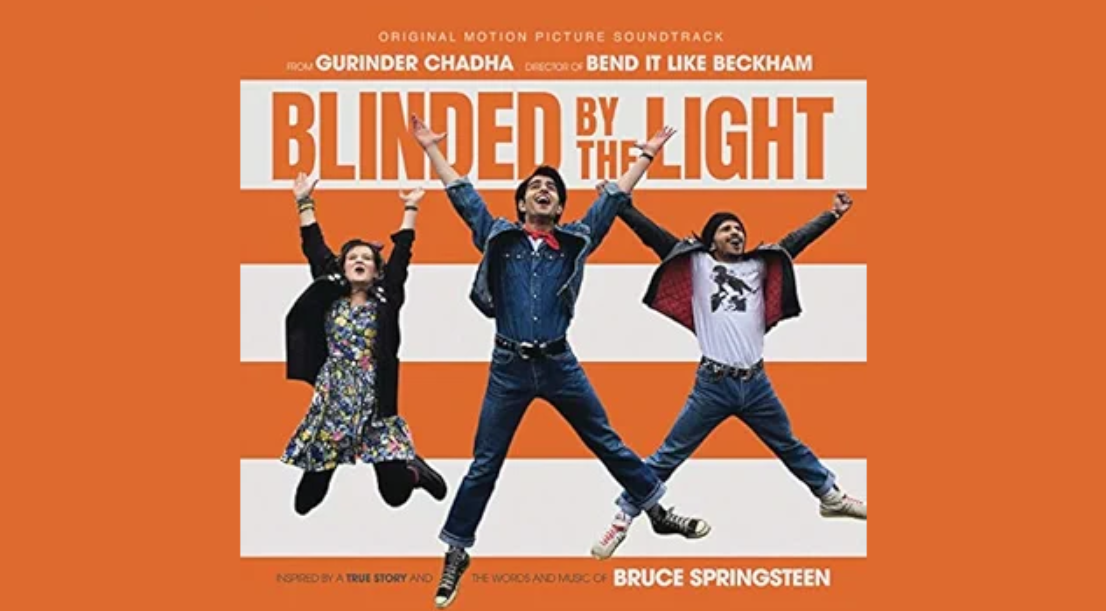
The greatest misheard lyric in rock history has generations of listeners wondering why Bruce Springsteen would write about feminine hygiene products. The mix of Chris Thompson’s British accent and muddy audio production created the ultimate musical telephone game, transforming “revved up like a deuce” into something that would make grandma clutch her pearls at karaoke night.
What Springsteen actually penned was a love letter to American car culture – specifically the Ford deuce coupe that became hot rod royalty. This lyrical mix-up is the audio equivalent of those social media dress color debates that divided the internet – half the population hears automotive enthusiasm while the other half hears bathroom products.
7. Lucy in the Sky with Diamonds
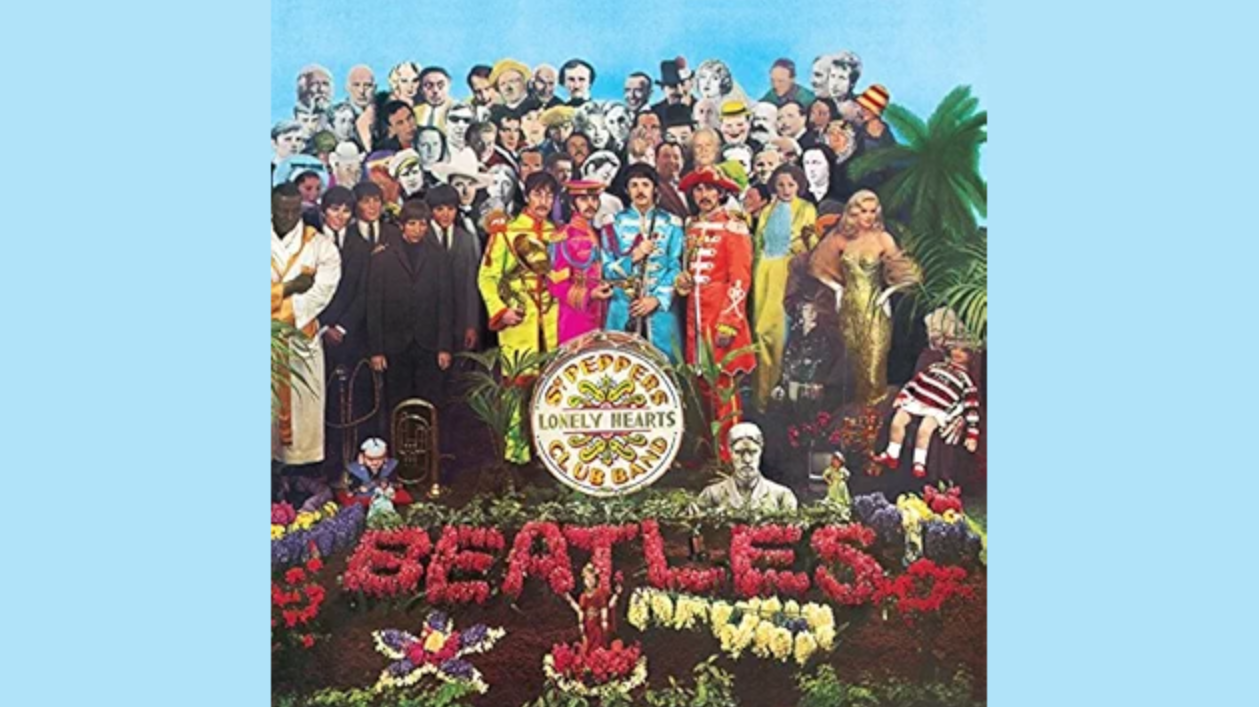
The Beatles track that launched a thousand dorm room conspiracy theories continues its reign as rock’s most analyzed acronym. The L-S-D coincidence paired with kaleidoscopic imagery created the perfect storm for fans determined to find drug references hiding in plain sight – musical pareidolia that persists despite decades of denials.
Lennon insisted the inspiration came from his son Julian’s kindergarten drawing of classmate Lucy O’Donnell floating amid stars, not from chemical consciousness expansion. Often grouped with the most underrated songs of the 1960s despite its fame, the song exposes our tendency to project cultural assumptions onto art similar to how viewers obsessively decoded “Stranger Things” Easter eggs while missing actual plot points.
6. I Will Always Love You
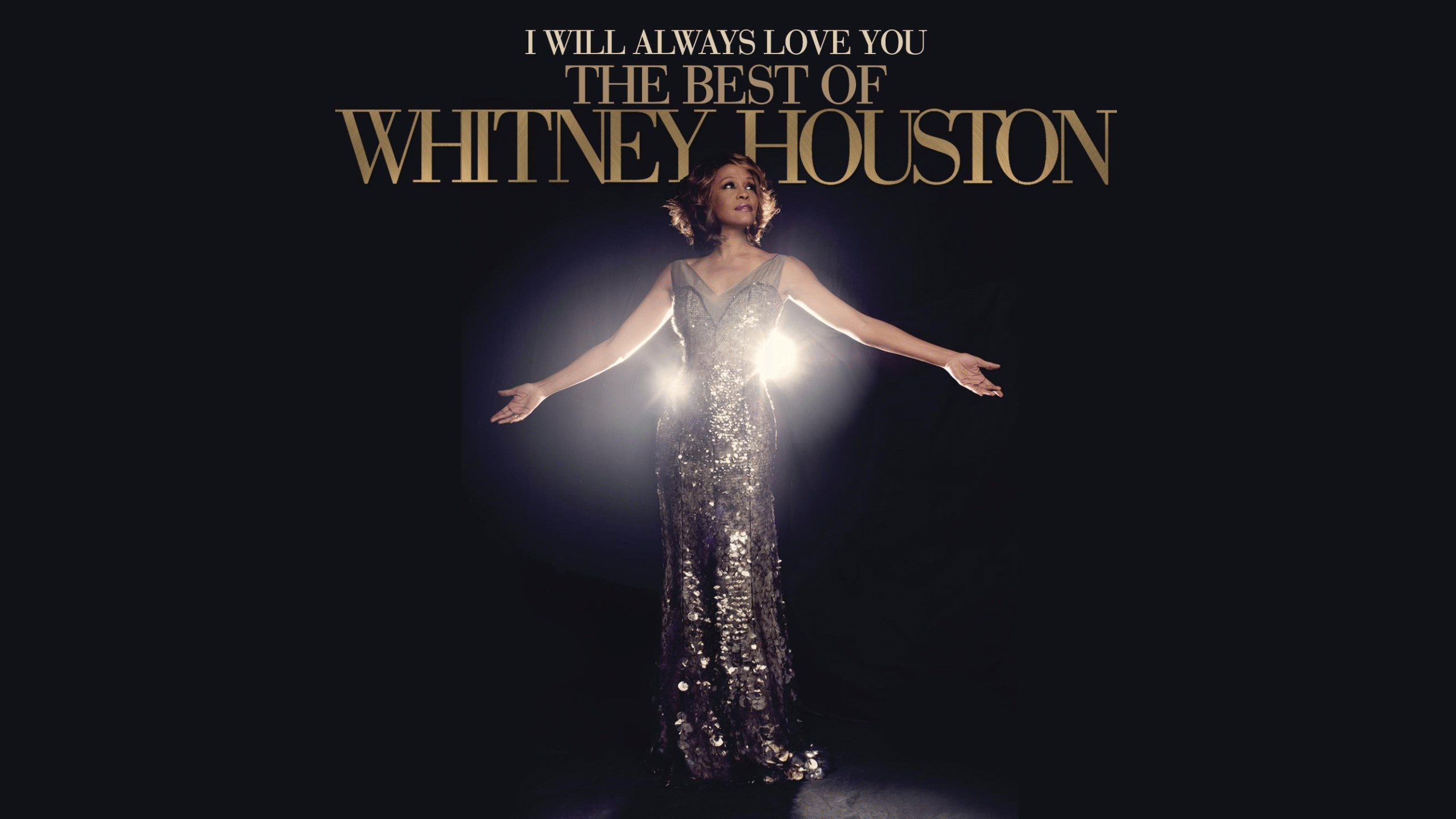
Whitney Houston’s vocal tornado transformed this track into the ultimate breakup power ballad, spawning decades of shower-singing aspirations and emotional karaoke meltdowns. The song became so embedded in romantic culture that it’s nearly impossible to imagine it wasn’t written about heartbreak – almost as if collective memory rewrote its origin story.
The truth demolishes the romance narrative: Dolly Parton penned these lyrics as a professional goodbye letter to her mentor Porter Wagoner when she decided to leave his show and spread her rhinestoned wings. This revelation is the musical equivalent of finding out “The Notebook” was actually about a business partnership.
5. Waterfalls

While suburban soccer moms hummed along to TLC’s catchy chorus between carpools, they completely missed the revolutionary HIV/AIDS advocacy blasting through their minivan speakers. The song smuggled urgent public health messaging into the Billboard charts with the stealth of a Trojan horse wrapped in R&B harmonies.
TLC wasn’t delivering vague life advice – they were creating one of music’s boldest responses to the AIDS crisis at a time when mainstream media still treated the epidemic resembling an uncomfortable dinner table topic to avoid.
The song’s genius lies in how it packages life-or-death warnings about unsafe sex and drug use into a radio-friendly format that had middle America singing along to public health warnings without realizing it.
4. Summer of ’69
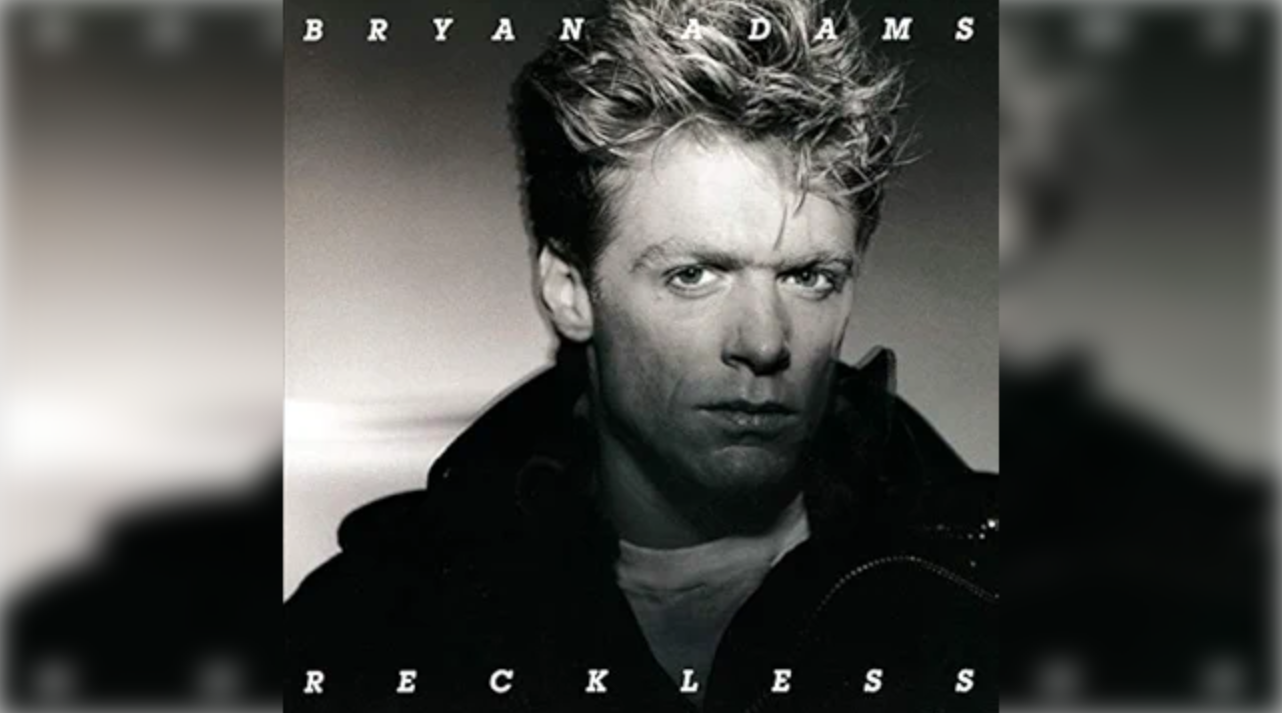
The nostalgic anthem blasting at every backyard barbecue isn’t actually the wholesome time-machine to woodstock-era innocence that Gen X parents imagine while flipping burgers. This classic rock staple has been hiding an adult joke in plain sight while soundtracking high school reunions and family-friendly movie montages.
Bryan Adams wasn’t reminiscing about the moon landing or Woodstock when he penned this track – he was making a not-so-subtle reference to a sexual position. This revelation transforms the song from sepia-toned nostalgia into something resembling a teenage boy’s bedroom wall poster hidden behind the door when grandma visits.
3. Born in the U.S.A.
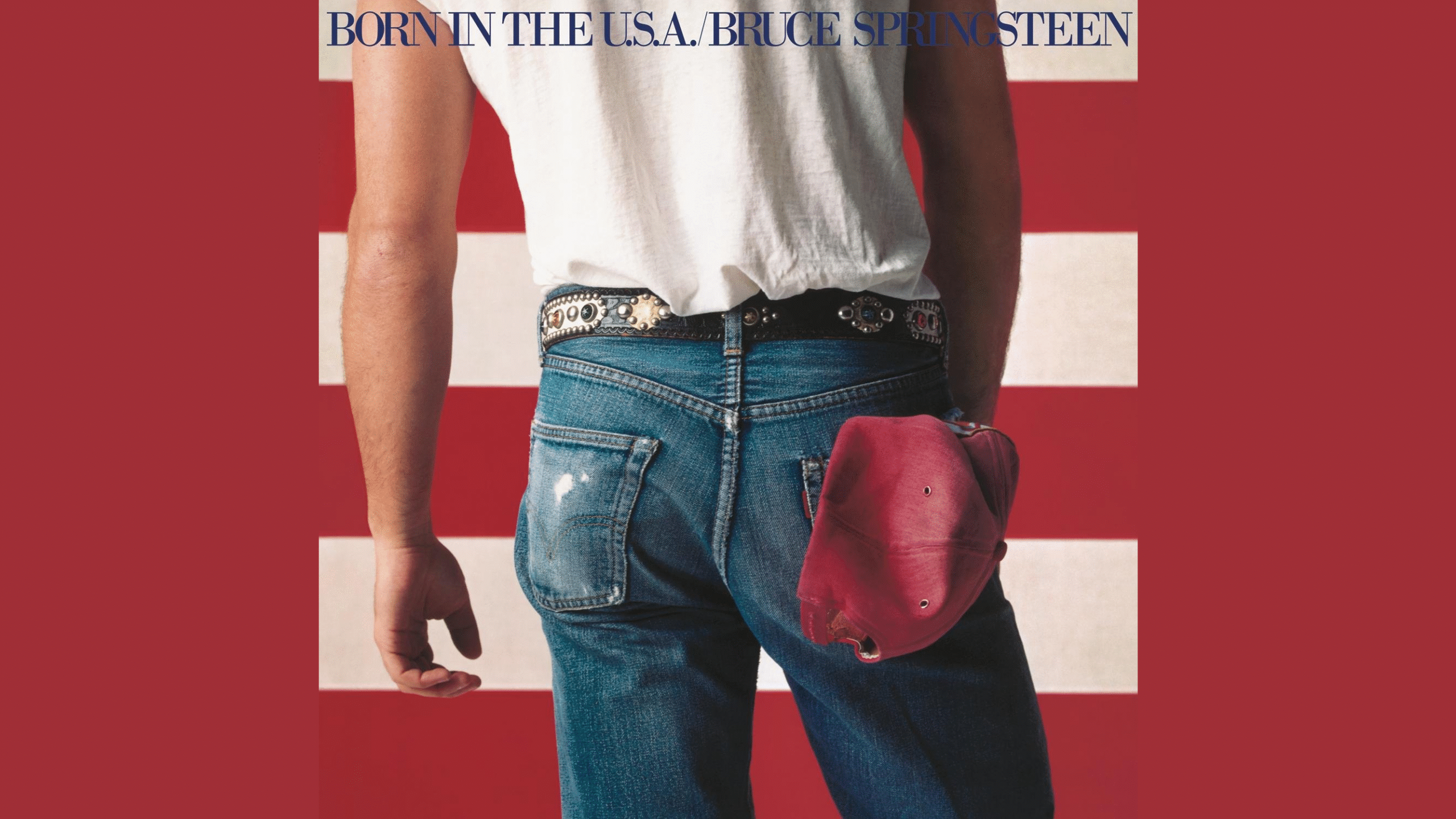
The ultimate musical Trojan horse continues fooling politicians who blast its chorus at rallies while completely missing that they’re pumping their fists to a scathing indictment of American hypocrisy. Springsteen crafted the perfect bait-and-switch – wrapping razor-sharp criticism in a candy shell of stadium-rock patriotism that masks the bitter medicine within.
Beneath that fist-pumping chorus lies a brutal portrait of Vietnam veterans discarded resembling broken action figures after their service. The genius lies in Springsteen’s ability to make listeners feel patriotic while telling a story that challenges the very foundation of American exceptionalism.
The Boss created a protest song so effective that the very system it criticizes embraces it as a celebration. Such widespread misinterpretations echo through decades of radio hits—some of the most beloved anthems are, in reality, the most misunderstood songs in music history.
2. In the Air Tonight
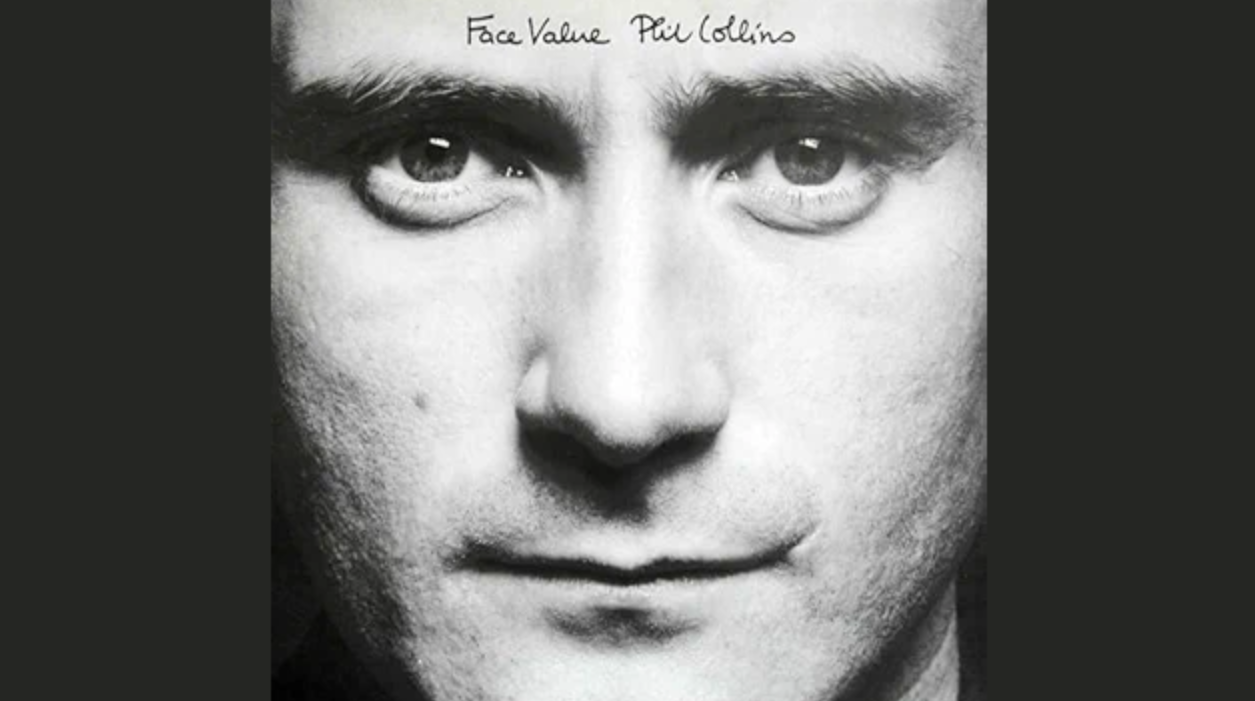
Urban legends claim Phil Collins wrote this song after witnessing someone drowning. The story suggests Collins observed a bystander who refused to help, then later identified this person at a concert.
The truth is far less sensational but no less emotional. Collins wrote the song during his divorce, channeling personal pain rather than a witnessed tragedy. He has repeatedly debunked the drowning story in interviews.
1. Every Breath You Take
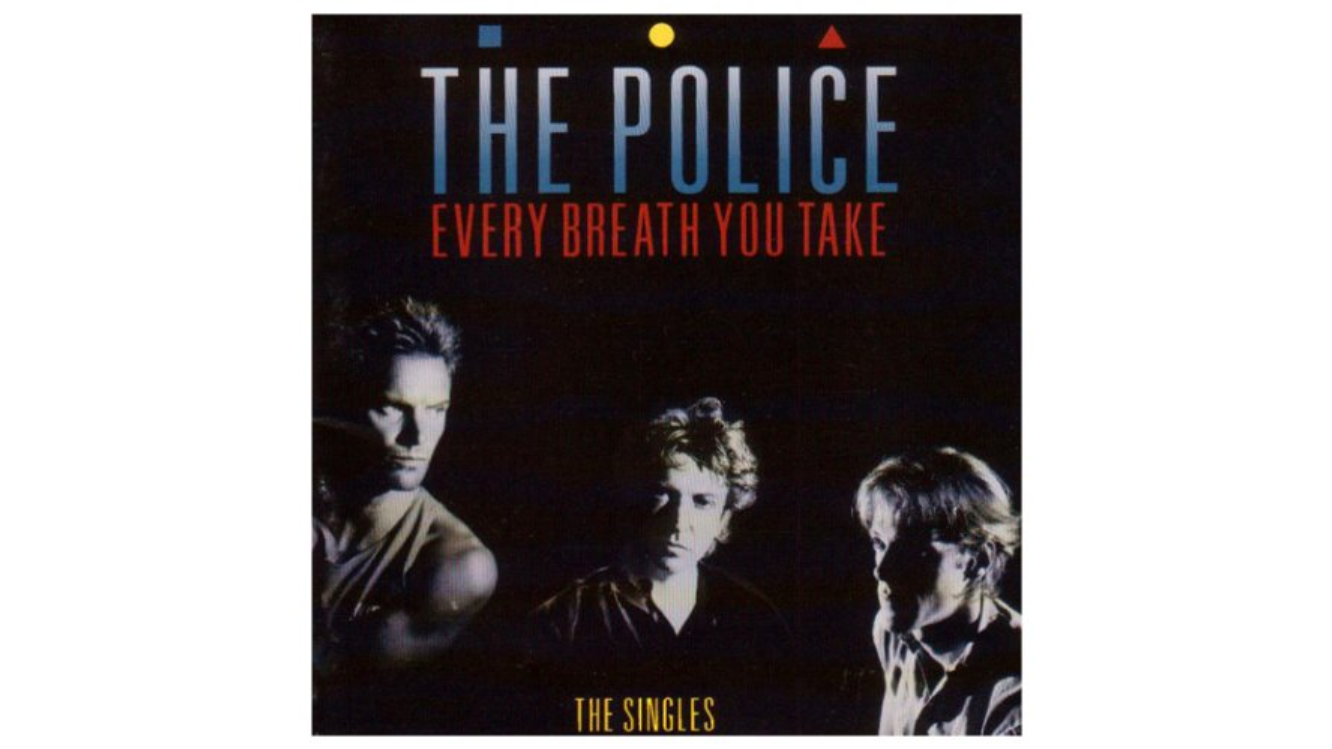
The Police’s hit frequently appears at weddings and on romantic playlists. Its gentle melody and declarations of watching “every breath you take” mislead many listeners into perceiving it as a love song.
Sting wrote the song about surveillance, obsession, and unhealthy attachment—essentially creating an anthem about stalking. The lyrics describe controlling behavior disguised as devotion, making the song’s popularity as a romantic ballad particularly ironic.
The stark contrast between the song’s actual meaning and common interpretation highlights how thoroughly melody can mask lyrical content. This disconnect serves as a reminder to look beyond surface impressions when interpreting music.




